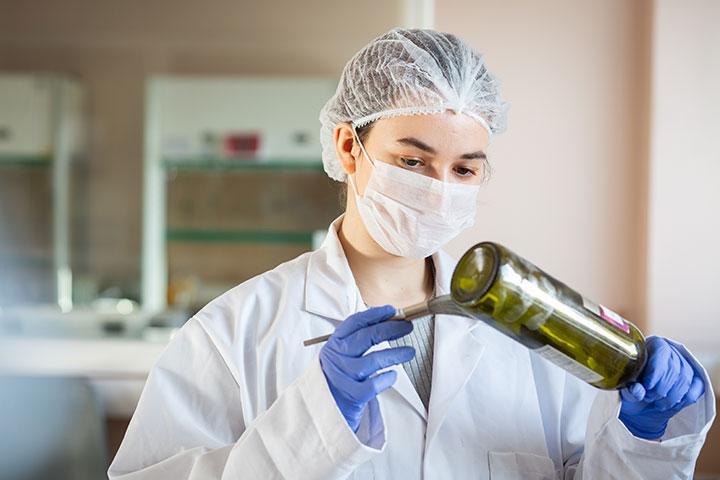
How does Bradford prepare you to become a forensic scientist?
Bradford Life Blog
Abir is currently studying BSc (Hons) Forensic and Medical Sciences. She tells us about her time at Bradford.
I’m Abir, an international student in my final year of BSc (Hons) Forensic and Medical Sciences. My time at university has been a great journey and I'd like to share my experience with you.
Choosing the University of Bradford
Although the University of Bradford was not my first choice for my foundation year, it was the only university accepting late applications at the time. After studying for one semester, meeting some academics from the School of Archaeological and Forensic Sciences, and learning about the University's services, supplies, and technologies, I was more motivated to study my major at Bradford.
The diverse nature of the curriculum is one of the most exciting parts of studying Forensic and Medical Sciences. For example, the biomedical science modules, the legal system and how we will demonstrate in court as witnesses. All of these fields enabled me to expand my opportunities for future careers or postgraduate studies.
My favourite part of my course is the simulated crime scene investigation labs, where we are given a case to prove if there is a connection between the prospective suspect and the victim using the case background provided. This lab allowed me to use all the skills and scientific principles I learned to demonstrate them and develop my critical thinking.

Studying abroad experience
I had a grant from the University of Bradford to study abroad as an exchange student at Colorado Mesa University in the United States for one academic year. It was a great chance to widen my knowledge about my major and experience new aspects. As part of my course in the United States, I had the chance to be an intern at the Forensic Investigation Research Station (FIRS), one of the limited human taphonomy (the branch of palaeontology that deals with the processes of fossilisation) facilities in the world, which inspired me to come up with a project idea for my final year dissertation.
Long-term goals and advice
I aim to gain real world experience by working in various forensic investigation laboratories. This will broaden my knowledge of forensic procedures and provide me with insight into the challenges of using scientific concepts in criminal investigations. I also have long-term career goals of getting my Master's and PhD degrees, where I will be able to become a lecturer and share my knowledge and passion for forensic science with future generations.
To have a full experience at Bradford, you have to benefit from the opportunities around you, such as the grants for internships and placements and talking to experts who can help you achieve your academic goals. The University provides a wide range of services, and all the staff are here to help you have a great experience. All you need to do is step out of your comfort zone and ask for guidance when needed.

Are you interested in studying BSc (Hons) Forensic and Medical Sciences? Find out more about course content, entry requirements and how to apply.
